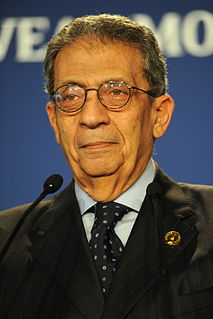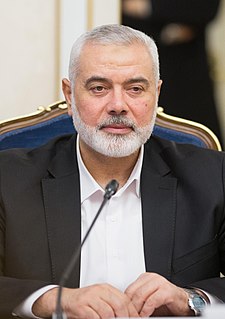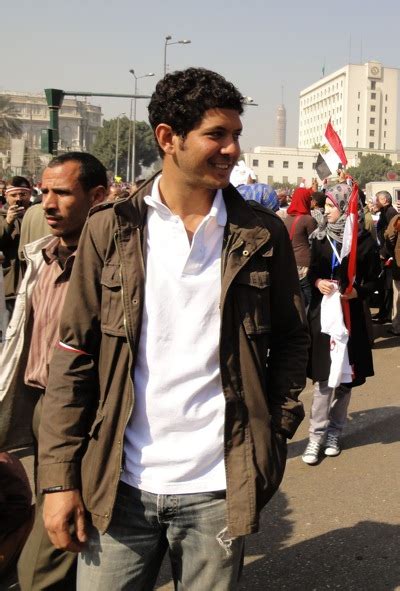A Quote by Mona Eltahawy
The Tunisian revolution left every Arab dictator in fear; Egypt's toppling of Mubarak left them terrified - even one of the U.S.' best allies in the region could fall.
Related Quotes
When the Islamic revolution began in 1979 under the leadership of Ayatollah Khomeini, it aroused considerable admiration in the Arab street. It presented a model of organised popular action that deposed one of the region's most tyrannical regimes. The people of the region discerned in this revolution new hope for freedom and change.
All is made clear,regarding Abraham and Sarah's traversal into Egypt, when we realize what biblicists meant by the term "Egypt." As Ralph Ellis so brilliantly points out, the name Egypt was employed by the composers of the Old Testament to denote Thebes in Lower Egypt. This was the city and region controlled by the adversaries of the Hyksos. It was considered a separate region, with different rulers, gods, customs, and politics. So, it was not the country of Egypt that Abraham visited, but Thebes within Egypt.
I was three years old when Hosni Mubarak came into power. I've lived under Hosni Mubarak nearly all my entire life. Even before he stepped down, I knew this wasn't Hosni Mubarak's Egypt anymore, and regardless of what happened, it never would be again. A fear barrier had been broken. And once that barrier was broken, it would never be built again. People knew that they had this power, that they would not be pushed around again. There was just this fearlessness and determination.
In primary school in south-eastern Nigeria, I was taught that Hosni Mubarak was the president of Egypt. I learned the same thing in secondary school. In university, Mubarak was still president of Egypt. I came to assume, subconsciously, that he - and others like Paul Biya in Cameroon and Muammar Gaddafi in Libya - would never leave.































